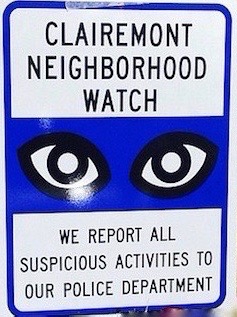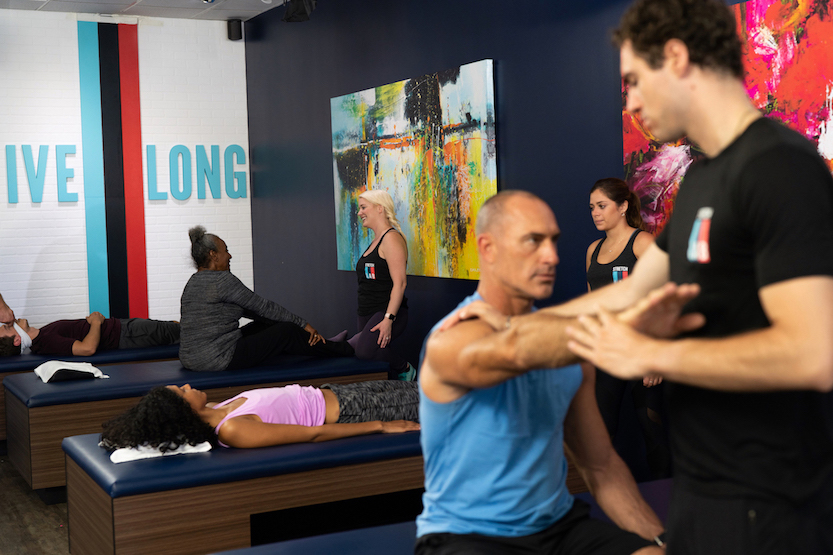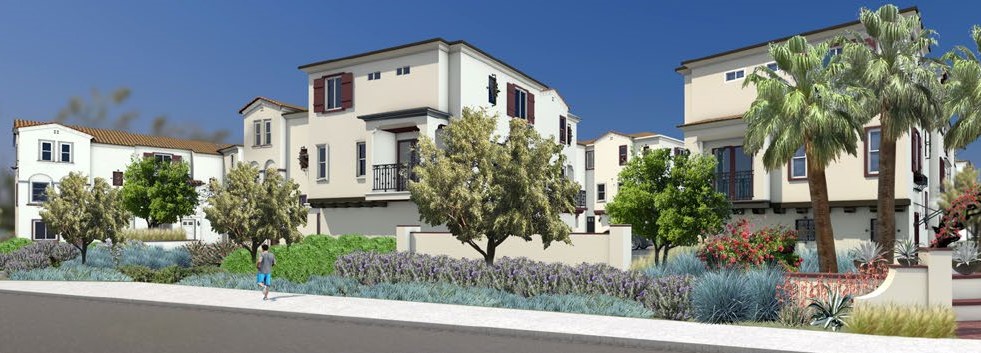Daily Business Report-Dec. 28, 2018
Photo: Matthew Brodeur on Unsplash
Takeaways from marijuana
legalization’s first year
By Jesse Marx | Voice of San Diego
Proposition 64 gave cities in California the ability to craft their own marijuana rules.
That option for cities to opt out of the system helped lift the measure to victory in 2016 — conservatives could get behind local control. But it also set up a new round of disputes at nearly every city and county government throughout California.
That’s why in 2018, the first year of legalization, the debates around marijuana so often felt stuck in the past.
Regulators in Sacramento spent a decent part of the year traveling and listening industry players and activists. They then offered tweaks to the statewide rules that govern the larger framework of what’s possible and not possible on the local level.
San Diego city officials, on the other hand, focused largely on the bureaucratic nitty-gritty of picking and choosing applicants, mostly for the manufacturing and cultivation sides of the supply chain.
The marijuana industry exists at the crossroads of two competing values. On the one hand, consumers want access to an open and affordable marketplace. But bringing the industry out of the shadows and ensuring that it’s run by competent people requires a heavy degree of oversight and control.
Finding the right balance is no easy task. Seemingly every industry player has a strong opinion about how the whole system should operate, and in 2018 I heard a lot of them.
One of the most common complaints was that the cost of getting into the industry and staying compliant is extremely difficult. Unable to raise the necessary capital, some of the industry’s pioneers have been feeling the squeeze. They operated for years in the dark, at great personal and financial risk, and now feel entitled to something in return.
Of course, that’s not how capitalism works. Whoever already has the money and is willing to put it down is going to dominate.
For instance, MedMen, a Los Angeles-based company, purchased the Kearny Mesa Apothekare dispensary in February. Seven months later, the company bought the medical-marijuana dispensary chain PharmaCann in a $682 million all-stock transaction — the largest marijuana transaction of its kind in the United States.
_________________________

New program aims to boost
Neighborhood Watch program
San Diego’s Neighborhood Watch program got a boost this month when the City Council made it cheaper, faster and easier to install painted aluminum signs announcing the presence of such groups in individual communities.
Police officials say the goals of the streamlined sign policy are helping Neighborhood Watch grow and alerting potential criminals they are in an area with vigilant residents.
While studies have come to conflicting conclusions about the effectiveness of Neighborhood Watch, San Diego police officials say they consider the program one of the most effective ways the city fights crime in its communities. They also so the program aligns well with the Police Department’s recent efforts to increase neighborhood policing, where officers get to know community leaders in an area.
_________________________
San Diego airport closes
Pacific Highway parking lot
Effective Wednesday, the Pacific Highway Economy parking lot near San Diego International Airport is no longer open to the public. The lot will be converted into employee parking, according to the Airport Authority. The conversion is necessitated by construction of a new stormwater infiltration system at the south side of the runway, where employees currently park. The new system is part of the airport’s Stormwater Management Plan to control and reduce pollution caused by the airport’s day-to-day operations.
_________________________

St-r-e-t-c-h-i-n-g Studio comes to Solana Beach
First location in San Diego County
StretchLab, an assisted stretching franchise, is opening its first San Diego location in Solana Beach. Located at 437 S. Highway 101, Suite 108, the studio will introduce people of all ages and abilities to the various health and wellness benefits of working with highly trained Flexologists.
The Solana Beach studio will have its official grand opening on Saturday, Jan. 12, 2019.
StretchLab Solana Beach is the first wellness boutique of its kind in San Diego, and the first of three locations that are planned for the area, including La Jolla and Del Mar.
StretchLab Solana Beach is owned and operated by Angie Cohen, a former pharmaceutical sales manager. She said she came to realize the importance of stretching after enduring a painful back injury in her 20s.
“Stretching is so important for everybody, not just athletes,” said Cohen. “After my back injury and working a job that had me traveling on planes four days a week, I decided to dedicate my life and career to fitness and wellness. My goal is to help people realize their fullest potential by improving their bodies and moving better. I’m excited to bring this practice to the San Diego area and help everyone achieve better health in 2019 and for years to come.”
The studio is open Monday through Friday from 6 a.m. to 8 p.m., as well as Saturday and Sunday from 8 a.m. to 4 p.m. The studio can be reached online atwww.StretchLab.com, by email at SolanaBeach@stretchlab.com or by phone at 858-793-3539.
_________________________

Annual Holiday Bowl Parade steps off on Monday
The county’s Waterfront Park is a prime spot to watch the annual Holiday Bowl Parade. If you are planning to attend “America’s largest balloon parade,” here’s what you need to know before you march down to this 12-acre park situated along the parade route.
The Port of San Diego’s Holiday Bowl Parade starts at 10 a.m. on Monday, Dec. 31 on Harbor Drive, along the bay side of the Waterfront Park. The balloons, marching bands, floats and more will proceed south along Harbor Drive and finish at the corner of Harbor Drive and Pacific Highway near Seaport Village.
As for getting to the event, note that starting at 7:45 a.m., segments of Harbor Drive and Pacific Highway will be closed. Parking in the area is limited, so you’re encouraged to take public transportation or a ride-hailing service. The County Center/Little Italy trolley stop is one block east


